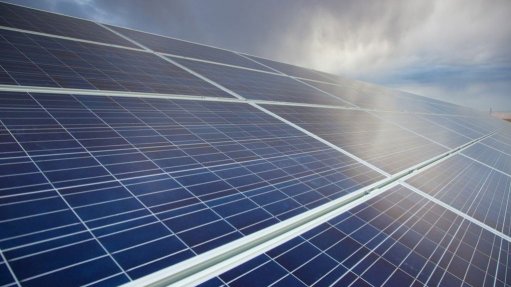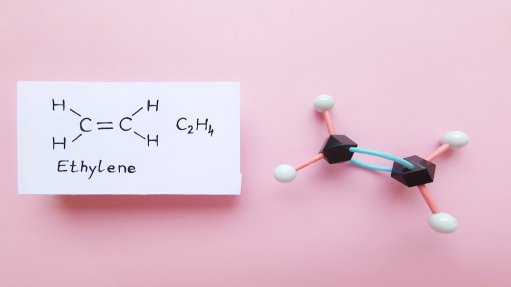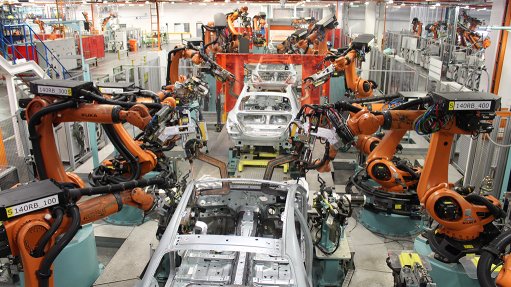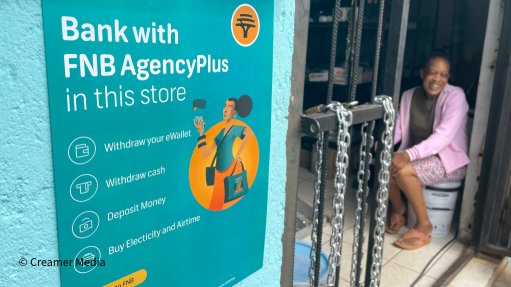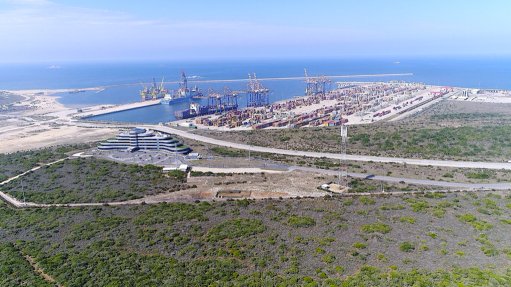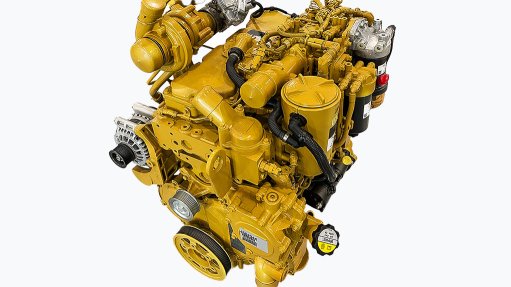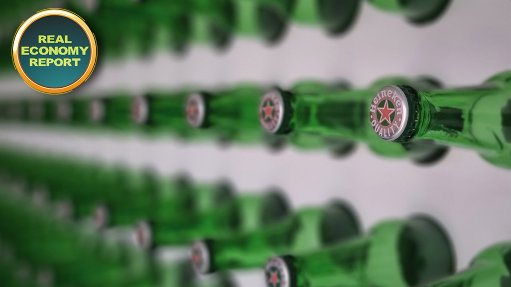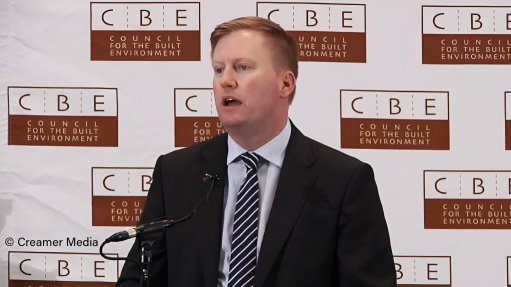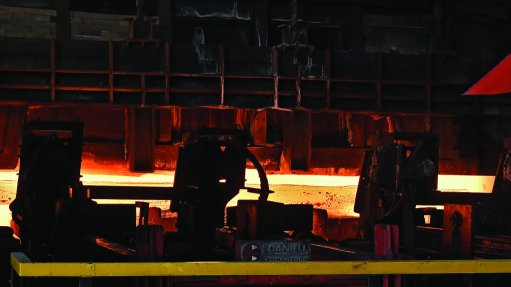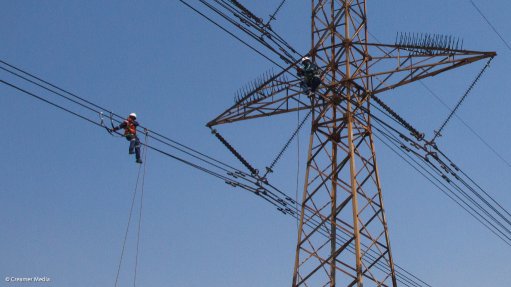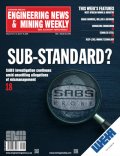The bogan of the 2018 Budget
Let me clarify – bogan is used here not as the Australian and New Zealand slang, but rather the dark side of the force in Star Wars, also known as the bad force. If the slang intrigues, it is used to depict a person whose attitude and behaviour are considered unsophisticated.
Several days have passed since former Finance Minister Malusi Gigaba delivered the 2018 National Budget. Since then, I have been contemplating the speech and the lesser read of the supporting documents, the Budget Review. My interest, aligned with the focus of this column, is that which is concealed and obscured, with precious little of it finding its way into the financial media. I am referring to customs duties, excise duties and levies. The lack of media coverage of these is quite curious, considering that four of the major seven tax proposals relate to them.
At the risk of stating the obvious, the Budget was all about revenue. It was about increasing the existing revenue sources. More worringly, it was also about additional sources of revenue and taxes losing their moral compass by becoming pure fiscal measures rather than being the means to redress the externality for which they were imposed. A classic case in point is the plastic bag levy; the revenue that it generates is not used to recycle plastic bags but simply serves as revenue. Another fiscal measure masquerading as an externality adjustment is the carbon tax, which will be imposed prior to the 2019 Budget Speech, on January 1, 2019.
Four of the seven tax proposals, announced to generate an estimated additional R36-billion in tax revenue for 2018/19 and relating to customs duties, excise duties and levies, are an increase in the ad valorem excise duty rate on luxury goods from 7% to 9%; a 52c/ℓ increase in the levies on fuel, made up of 22c/ℓ for the general fuel levy and 30c/ℓ for the Road Accident Fund levy; increases in the alcohol and tobacco excise duties of between 6% and 10%; and increases in the plastic bag levy (50%), the motor vehicle emissions tax and the levy on incandescent light bulbs.
Spotted anything of interest? The ‘excise duty’ and ‘excise duties” designations are not correct in the true economic sense of the word, as they include customs duty. The demand for luxury goods is perfectly price elastic, which means that the antici- pated revenue increase may not be realised. The increase in the levies and excise duties on fuel, alcohol and tobacco products, which are perfectly inelastic in demand, will, in all likelihood, lead to increased revenue. Environmental levies have become purely fiscal measures rather than being used for their traditional purpose, namely to address their externalities. In other words, government uses them to collect revenue rather than to repair the damage they cause.
The Budget Speech makes no reference to the payments to the Southern African Customs Union (Sacu), projected at R48.3-billion in 2018/19. The Sacu payments are expected to increase to R60.1-billion in 2020/21. As a matter of interest, in 2017/18, the Sacu payments totalled R55.9-billion, a 41.8% increase on 2016/17. Just imagine if South Africa did not have to pay these amounts.
Interestingly, the Budget Speech and its related documents make no reference to ‘deindustrialisation’ or ‘reindustrialisation’, although, strangely, it does reference ‘industrialisation’ in two instances. For the Economic Competitiveness and Support Package, and then, “the policy of this government to leverage public procurement to support black economic empowerment, industrialisation and development of small businesses”.
The reality is that South Africa is on an unrelenting trajectory of deindustrialisation, something which is a symptom of democratic South Africa and which public procurement could do little to correct.
Rather than managing its expenditure, government is addressing revenue collection. It echoes, with poetic licence, Darth Vader’s words: “Come to the dark side, we impose taxes.”
Comments
Press Office
Announcements
What's On
Subscribe to improve your user experience...
Option 1 (equivalent of R125 a month):
Receive a weekly copy of Creamer Media's Engineering News & Mining Weekly magazine
(print copy for those in South Africa and e-magazine for those outside of South Africa)
Receive daily email newsletters
Access to full search results
Access archive of magazine back copies
Access to Projects in Progress
Access to ONE Research Report of your choice in PDF format
Option 2 (equivalent of R375 a month):
All benefits from Option 1
PLUS
Access to Creamer Media's Research Channel Africa for ALL Research Reports, in PDF format, on various industrial and mining sectors
including Electricity; Water; Energy Transition; Hydrogen; Roads, Rail and Ports; Coal; Gold; Platinum; Battery Metals; etc.
Already a subscriber?
Forgotten your password?
Receive weekly copy of Creamer Media's Engineering News & Mining Weekly magazine (print copy for those in South Africa and e-magazine for those outside of South Africa)
➕
Recieve daily email newsletters
➕
Access to full search results
➕
Access archive of magazine back copies
➕
Access to Projects in Progress
➕
Access to ONE Research Report of your choice in PDF format
RESEARCH CHANNEL AFRICA
R4500 (equivalent of R375 a month)
SUBSCRIBEAll benefits from Option 1
➕
Access to Creamer Media's Research Channel Africa for ALL Research Reports on various industrial and mining sectors, in PDF format, including on:
Electricity
➕
Water
➕
Energy Transition
➕
Hydrogen
➕
Roads, Rail and Ports
➕
Coal
➕
Gold
➕
Platinum
➕
Battery Metals
➕
etc.
Receive all benefits from Option 1 or Option 2 delivered to numerous people at your company
➕
Multiple User names and Passwords for simultaneous log-ins
➕
Intranet integration access to all in your organisation






